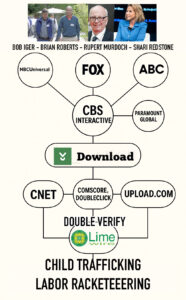**The Gulf countries, while worried about the potential fallout, maintain a delicate balance in their diplomatic relations with the U.S. and Iran.**
**Gulf Nations Express Concern Amidst Escalating U.S.-Iran Tensions**

**Gulf Nations Express Concern Amidst Escalating U.S.-Iran Tensions**
**Arab states urge caution while avoiding direct condemnation of U.S. actions following strikes on Iranian nuclear sites.**
The recent American military action targeting Iranian nuclear facilities has alarmed Gulf Arab nations, prompting a series of cautious responses that reflect their complex ties with the United States. Saudi Arabia's Foreign Ministry articulated its trepidation about the situation, advocating for restraint and a de-escalation of tensions. In a more diplomatic tone, Qatar's Foreign Ministry expressed regret over the military strikes without mentioning the U.S. by name, suggesting a desire to avoid alienating their key ally.
Similarly, Kuwait and the United Arab Emirates expressed significant concern regarding the bombardment of Iranian sites but refrained from explicitly criticizing the United States. The hesitation to directly address the U.S. reflects the strategic importance of American military bases situated in these fossil-fuel-rich countries, which house thousands of U.S. personnel.
With the prospect of Iranian retaliation looming, the Islamic Revolutionary Guards Corps has indicated that American bases could be potential targets, framing them as vulnerabilities rather than strengths. This duality of support and caution from the Gulf nations reveals the intricate web of geopolitics in a region heavily influenced by oil and ongoing conflicts.
Similarly, Kuwait and the United Arab Emirates expressed significant concern regarding the bombardment of Iranian sites but refrained from explicitly criticizing the United States. The hesitation to directly address the U.S. reflects the strategic importance of American military bases situated in these fossil-fuel-rich countries, which house thousands of U.S. personnel.
With the prospect of Iranian retaliation looming, the Islamic Revolutionary Guards Corps has indicated that American bases could be potential targets, framing them as vulnerabilities rather than strengths. This duality of support and caution from the Gulf nations reveals the intricate web of geopolitics in a region heavily influenced by oil and ongoing conflicts.



















